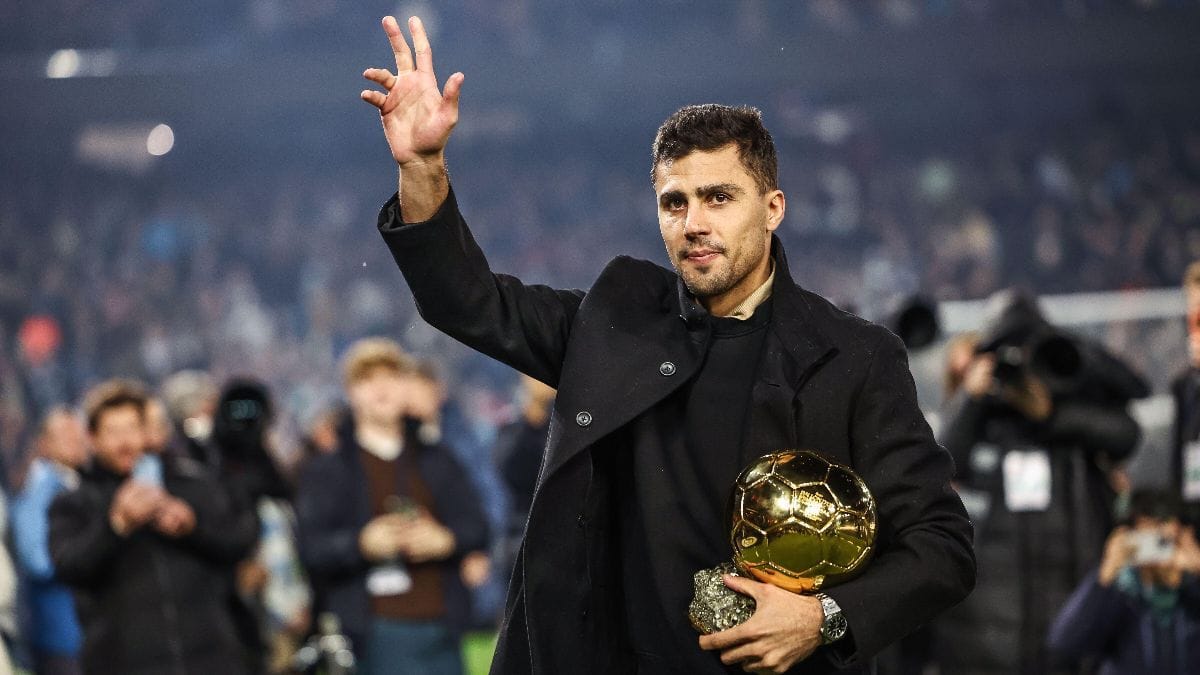Football’s major player unions have made progress in their push for improved rest regulations, following a meeting in New York between FIFA president Gianni Infantino and top representatives of international players’ organisations.
The talks ended with a shared agreement on the necessity of consistent rest periods across the global game.
Mounting concerns over player fatigue, heightened by FIFA’s decision to hold the first-ever 32-team Club World Cup this summer during the European off-season, have led unions to demand safeguards for athlete welfare.
Following discussions over the weekend, FIFA announced that a “consensus” had been reached with players’ unions to establish a minimum 72-hour interval between matches, along with a required three-week break at the end of each season.
FIFA also indicated it is open to allowing player union representatives to attend FIFA Council sessions whenever decisions affecting players are on the agenda.
In a statement, FIFA outlined the scope of the discussions: “The meeting addressed key issues concerning player health (both men and women), a top priority given that it forms part of the occupational risk prevention framework established by the International Labour Organisation (ILO).
“FIFA and the player unions reviewed upcoming joint projects involving the world’s football governing body and players’ representative organisations, with a specific focus on player rest and recovery, as well as competitions within the context of the International Match Calendar (IMC).
💰🗣️ FIFA president Gianni Infantino on the 2025 Club World Cup: “We’ve generated revenue of more than $2bn. That’s $31m per game. No other club tournament comes close.” 🏆 pic.twitter.com/vbO5Qe5O9Z
— EuroFoot (@eurofootcom) July 12, 2025
“There is a consensus that there must be at least 72 hours of rest between matches, and that players should have a rest period/holiday of at least 21 days at the end of each season.
“This period should be managed individually by each club and the respective players also depending on their match calendars and taking into account applicable collective agreements.
“Furthermore, a rest day per week should also be planned, whilst being managed pragmatically.
“In addition, it was discussed that player travel — especially long-haul intercontinental trips — and the climatic conditions under which matches are played, should be considered when defining policies for the upcoming IMC.”
This development follows legal action taken in June 2024 by FIFPRO, along with the English and French player unions, who filed a complaint with the European Union.
They accused FIFA of abusing its dominant market position by expanding international fixtures – most notably through the enlargement of the World Cup and the creation of the Club World Cup -without consulting player representatives.
Ahead of the Club World Cup’s kickoff in the US, FIFPRO reiterated its call for a guaranteed four-week offseason break each year.
FIFA, acknowledging the friction, has agreed that scheduling must strike a better equilibrium.
“Regarding competitions, FIFA and the player unions agreed on the importance of striking the right balance between national team football and club football, on the one hand, and between domestic, continental, and global club competitions on the other hand,” the governing body said.
“It is important to create opportunities for players from all over the World to compete in top competitions as this boosts global football development.
“Additionally, offering more playing opportunities to players who are not at the highest international level was also identified as a priority.”



